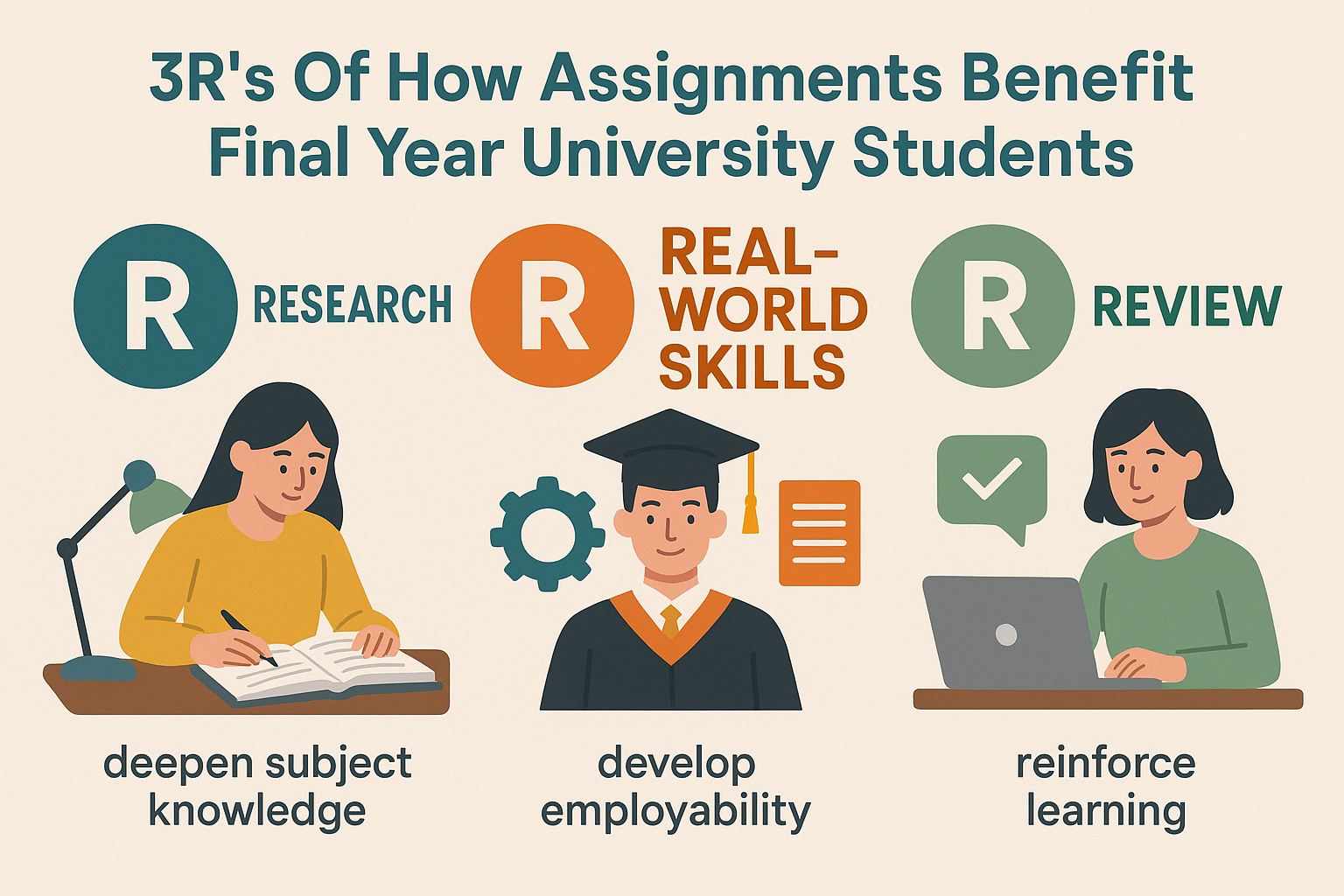What Are the Common Mistakes to Avoid in the IELTS Exam?

Strong 8k brings an ultra-HD IPTV experience to your living room and your pocket.
Preparing thoroughly for the International English Language Testing System (IELTS) exam is essential for optimal performance. This exam assesses your English language skills and is crucial for your eligibility for study, work, or immigration in English-speaking countries. To increase your chances of success, it's important to be aware of common mistakes candidates make. By understanding these frequent errors and actively working to avoid them, you can improve your performance and achieve the results you aim for in the IELTS exam.
What is the IELTS Course?
An IELTS course is a specialized training program designed to prepare students for the International English Language Testing System (IELTS) exam. It covers all four test components: Listening, Reading, Writing, and Speaking. The course typically includes instruction on test format, skill development, and practice exercises. Students learn strategies for each section, receive feedback on practice tests, and work on improving their English proficiency. Courses may be offered in-person or online, with options for general or academic IELTS preparation. Personalized support and practice tests help students enhance their performance and achieve their desired scores.
Common mistakes to avoid when taking an IELTS test
Here are some common mistakes to avoid when taking the IELTS test:
Memorizing Answers Trying to memorize responses may work for written exams but is not effective for the IELTS speaking test. This section involves a real-time conversation with an examiner, where memorized answers can sound robotic and lack spontaneity. Instead, focus on practicing your ability to think on your feet and respond naturally.
Speaking Timidly or Without Confidence It's natural to feel nervous, but speaking too quietly or avoiding eye contact can negatively affect your performance. Aim to engage with your examiner confidently, similar to how you would interact with a colleague or friend. Smile and maintain consistent eye contact to create a more positive impression.
Repetitive Language Overusing the same words or phrases can suggest a limited vocabulary. To enhance your performance, diversify your language by learning synonyms and different ways to express ideas. This will help you communicate more effectively and demonstrate a broader range of vocabulary.
Straying from the Main Topic Going off-topic or not fully understanding the question can lead to lower scores. Ensure your responses are relevant and directly address the question asked. If you're unsure, take a moment to think about the question or ask the examiner for clarification if needed.
Overusing Transition Words While transition words like "for example" or "on the other hand" can help structure your speech, overusing them might disrupt the natural flow of conversation. Aim for a balance and ensure your use of transition words feels natural rather than forced. Avoid overly formal phrases that might sound awkward in a casual speaking context.
Common Mistakes and Strategies
Listening
Not focusing on the speaker: This seems obvious, but many test-takers get distracted by trying to write down every word. Instead, focus on key information and ideas.
Over-reliance on keywords: While keywords can be helpful, don't solely depend on them. The IELTS test often uses paraphrasing, so understanding the overall context is vital.
Ignoring practice tests: Regular practice helps you familiarize yourself with different accents, speeds, and question types.
Strategy: Develop active listening skills by watching English-language TV shows or movies. Practice with a variety of accents to improve your comprehension.
Reading
Spending too much time on difficult questions: Don't get stuck on one question. Move on and come back to it later if you have time.
Not managing time effectively: Allocate time for each reading passage based on its length and complexity.
Misunderstanding question types: Understand the specific requirements of each question type (e.g., true/false, gap-filling, summary completion).
Strategy: Improve your reading speed and comprehension by reading English newspapers, magazines, and academic articles regularly. Practice different question types to build confidence.
Writing
Ignoring task instructions: Carefully read the task prompt and address all requirements.
Lack of cohesion and coherence: Organize your ideas logically and use appropriate linking words to connect sentences and paragraphs.
Grammatical errors and poor vocabulary: Practice writing regularly to improve your grammar and expand your vocabulary.
Strategy: Use a variety of sentence structures and vocabulary to demonstrate your language proficiency. Practice writing different types of essays (e.g., argumentative, descriptive, narrative).
Speaking
Lack of fluency: Practice speaking English regularly to improve your fluency and confidence.
Insufficiently developed answers: Provide detailed and relevant answers to the examiner's questions.
Overusing memorized phrases: Sound natural and spontaneous by using your own words.
IELTS Test Preparation Tips and Resources
Preparing for the IELTS exam involves strategic planning and effective study methods. Here are some key tips to enhance your preparation:
Understand the Test Format: Familiarize yourself with the structure and question types for each section of the test to know what to expect.
Practice Consistently: Use official IELTS practice materials, sample tests, and mock exams to hone your skills and get accustomed to the test environment.
Improve English Skills: Work on expanding your vocabulary, grammar, reading, listening, and speaking abilities through books, online courses, and language apps.
Manage Your Time: Develop time management techniques to ensure you complete each section within the allotted time.
Seek Expert Guidance: Join IELTS coaching programs or online courses to receive valuable tips, feedback, and guidance from experienced trainers.
Conclusion
Avoiding common pitfalls is crucial for IELTS success. By understanding the exam format, practicing regularly, and managing time effectively, you can enhance your performance. Focus on developing strong language skills, building confidence, and utilizing the right resources. Remember, consistent effort and a strategic approach are key to achieving your desired IELTS score. For personalized guidance and expert coaching, consider enrolling in a reputable IELTS course in Delhi.
Best IELTS Coaching in Delhi can provide tailored support, expert feedback, and valuable practice opportunities, ultimately helping you overcome challenges and excel in the exam.
FAQs
1. What are the most common mistakes in the IELTS Listening section?
Many test-takers struggle with understanding different accents, missing key information, and misspelling answers. To avoid these, practice listening to various English accents, focus on keywords, and double-check your spellings.
2. How can I improve my IELTS Writing score?
Common errors in writing include poor structure, grammar mistakes, and limited vocabulary. To enhance your writing, practice different essay types, use a clear structure, and expand your vocabulary.
3. What are the typical mistakes in the IELTS Speaking test?
Many candidates make mistakes like giving short answers, using simple language, and lacking fluency. To overcome these, practice speaking regularly, develop complex sentence structures, and expand your vocabulary.
4. How can I manage my time effectively in the IELTS Reading section?
Time management is crucial. Common mistakes include spending too much time on difficult questions and not pacing yourself. To avoid this, practice different question types and time yourself during practice tests.
5. What general advice cahttps://transglobaloverseas.com/best-ielts-coaching-in-delhi/n improve my overall IELTS score?
Consistent practice is key. Focus on improving your IELTS Vocabulary, and pronunciation. Additionally, understand the exam format, time management, and develop effective test-taking strategies.
Note: IndiBlogHub features both user-submitted and editorial content. We do not verify third-party contributions. Read our Disclaimer and Privacy Policyfor details.







